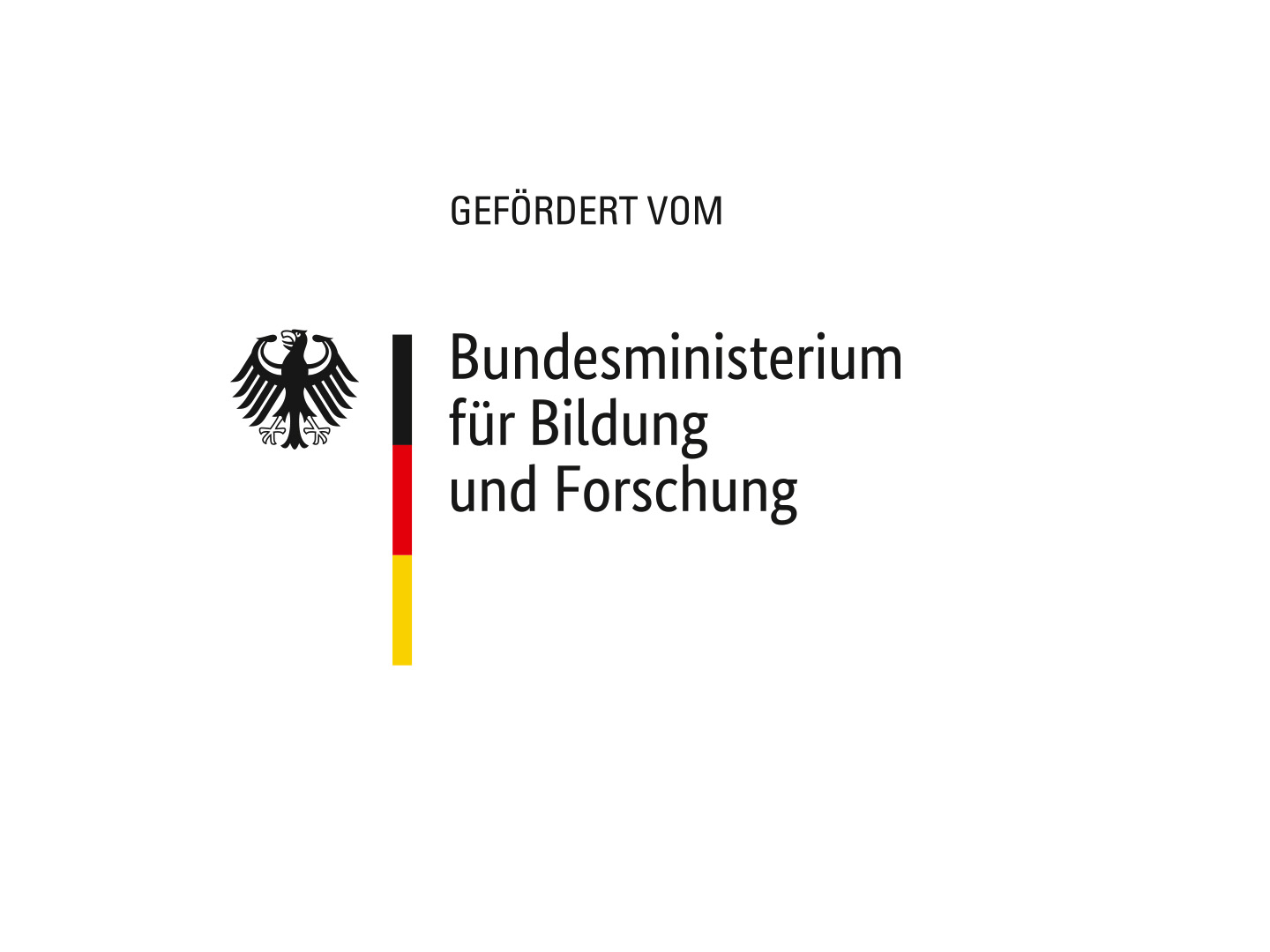The use of recyclates in the design and production of plastic packaging is particularly difficult in terms of the quality and purity of the secondary raw materials, for example if these come from a mixed collection via the yellow bag – a mixed collection of lightweight packaging waste.. Predicting the impurities that can be caused by other substances during the life cycle of a material and lead to changes in the polymer and functional properties of the recycled materials has hardly been possible to date. This leads to fluctuations in the processing and use of secondary raw materials, which impairs the quality and efficiency of the production process. In addition, it is not yet possible to guarantee legal conformity for food and packaging safety. Due to these challenges, secondary raw materials are still used too little to avoid quality losses and complications. The aim of the KIOptiPack innovation laboratory is to provide and validate AI-supported tools for sustainable product design and quality-compliant production of plastic packaging with a high proportion of recycled materials and ultimately to demonstrate them in an application and data room. Milestones and goals of the KIOptiPack project are:
- Establishment of a data room and provision of a data infrastructure
- Development of new analysis tools to reduce and filter the data
- Standardization of data semantics and development of an ontology
- Development of new process optimization models in material processing
- System linking of models and development of a data hub
- Consistent objective and subjective sustainability assessment using life cycle assessment methods
- Business model and ecosystem development
UMSICHT provides support through holistic sustainability assessments
In addition to the technical solutions, Fraunhofer UMSICHT is driving forward the sustainability assessment of packaging within the project. In order to successfully transfer the AI application into practice, the sustainability assessment serves as an accompanying method for validating the processes with regard to primarily ecological criteria, such as the reduction of the contribution to climate change through the use of recyclate compared to virgin material. Among other things, the researchers are investigating the correlation between the environmental impact of packaging and the shelf life of packaged food. The results provide insights into the ecologically sensible use of packaging, in particular the relationship between its protective function and shelf life extension on the one hand and food waste due to spoiled food on the other. Furthermore, the project team is investigating uncertainties in the sustainability assessment due to fluctuating process parameters in the processing of recyclates and the influence of modeling decisions, such as the choice of impact assessment method, on the ecological assessment.
Another focus of investigation within the sustainability assessment is the customer's perception of the sustainability and quality of packaging containing recyclates. To date, this aspect has often been driven by marketing and has not been scientifically proven, which is why some companies have been accused of "greenwashing". However, it is also clear that only if end consumers perceive packaging as sustainable and of high quality can this have a positive influence on their purchasing decisions. The systematic investigation of conflicting objectives between subjective and objectively quantifiable sustainability is systematically examined in the project in order to avoid "greenwashing" through misleading packaging.
The methods and models for holistic sustainability assessment should not only be available to experts, which is why they will be transferred into an application-oriented tool for packaging manufacturers and distributors, helping them to make decisions during the development and processing of packaging.
 Fraunhofer Institute for Environmental, Safety and Energy Technology UMSICHT
Fraunhofer Institute for Environmental, Safety and Energy Technology UMSICHT